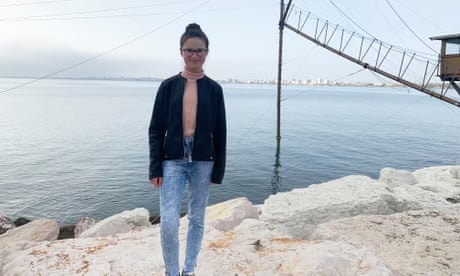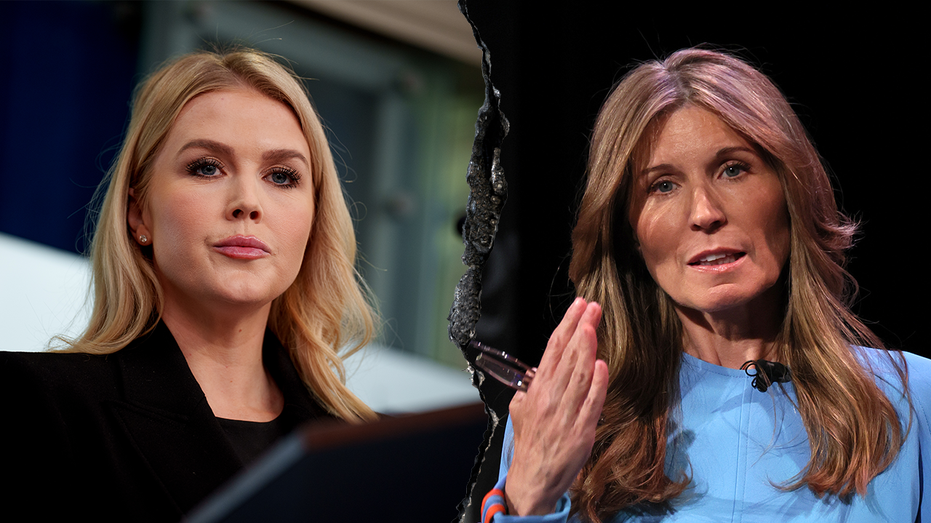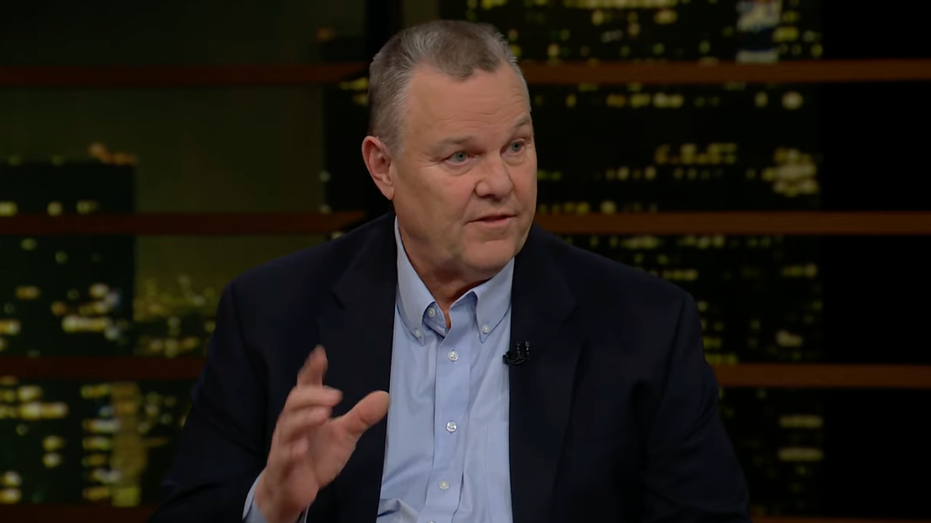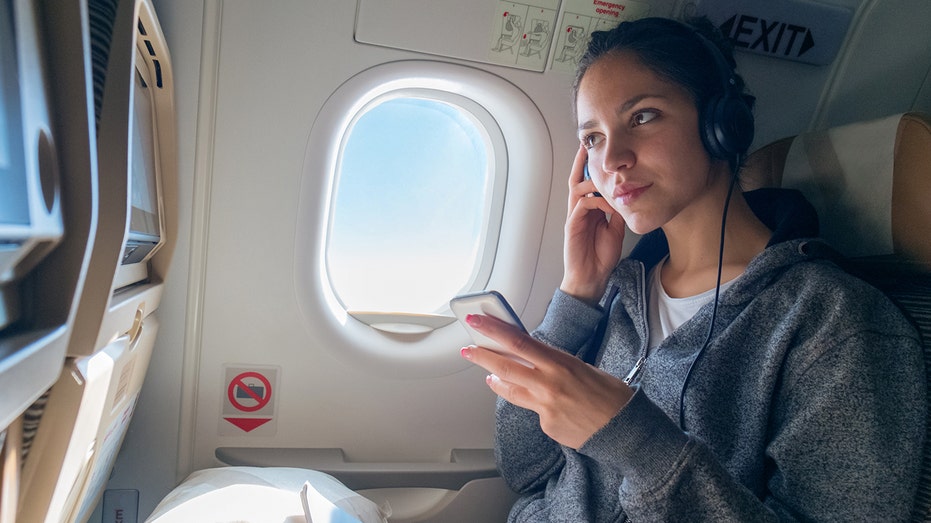- by foxnews
- 09 Mar 2025
‘Algebra under air raids’: the children in a Ukraine war zone who attend class in Australia
‘Algebra under air raids’: the children in a Ukraine war zone who attend class in Australia
- by theguardian
- 02 Apr 2023
- in news

Remote learning isn't new for Sofiia Yakymenko. The 13-year-old grew up during the Covid pandemic when shutdowns, computer screens and distance learning became normal.
But the Ukrainian student wasn't used to evenings spent on Zoom with teachers in the far-flung country of Australia, while rockets flew by outside her window.
Education was an early major casualty of Russia's invasion of Ukraine, with 60% of children leaving their homes and schools. Amid shuttered classrooms, parents and teachers sought unlikely partners on the other side of the world - including the city of Melbourne.
Monash University established its virtual school to improve educational equity, employing a few hundred volunteer teachers to help young people in conflict zones who risked drastically falling behind in their education.
In the turbulent months since the invasion, some 70,000 primary and high school students displaced from schools in Ukraine by the war have attended its classes from bomb shelters and bedrooms.
"Now we have 50 children or more. But it's still really important. People who don't have electricity at home - they still join."
When martial law was imposed, the majority of Ukrainian schools lacked the time and resources to reintroduce emergency remote teaching put in place during the pandemic.
In its place, the All-Ukrainian Online School set up a platform of blended and distance learning, providing lessons for students from year five to 11 on television in regions where internet access has been cut.
A number of European nations including Estonia, Finland, Poland and Romania also set up Ukrainian resources on their digital learning platforms - including a booklet produced by the European Commission to aid communication between Ukrainian refugees and hosts.
It was the Ukrainian NGO Smart Osvita, however, that chanced upon Monash - seeking a classroom-focused platform to keep children engaged, occupied and connected to one another while separated from their peers.
Many of the students were logging in from war zones, while others had fled the country and were grappling with foreign education and language barriers.
Sofiia spent the first nine months of the conflict in Kyiv.
"My mom was so, so worried about our family," she says. "In the first day [of the war], we went into the bomb shelter, but there were so many people we stayed in a parking lot underground. And it was so cold because of winter. We just sat in the corridor for whole days.
"It was like when Covid started, people were in panic and the same was with the war. We had a lot of air raids, rockets, but people adjust and now, during blackouts, they just turn on their generators, and somehow continue living."
Her family, dog in tow, have since made it to Italy where she attends lessons in Italian, at a school where the students don't speak a word of Ukrainian, let alone English.
Amid the conflict, Sofiia says the online lessons have offered a means to connect with students who "understood and supported you" - a ritual of normality amid a horrific situation.
Before the war, all she knew of Australia was a two-week work trip her father, a physicist, took years ago.
"Now we have like a community of children from Ukraine," she says. "We speak with each other every single day, abroad and all over the country. They're joining during air raids, some from bomb shelters.
"One boy from Kherson, he was there when there were Russians and it was occupied. He got out to Crimea, then to Russia, then to Germany. But he actually attended those meetings while he was in Kherson. He took his bicycle and cycled to a tower and attended them."
During one class, Sofiia says an astronaut from Canada - Chris Hadfield - joined as a guest and described what it was like to leave the solar system and see the Earth from space.
"It was just so exciting," Sofiia says. "We asked him questions like 'what do they eat in space'? And 'how did they sleep'? And he said he missed home so much.
The head of the virtual school, Prof Michael Phillips, says longtime teachers say the course reminds them why they joined the profession, while volunteers still in training say it "informs them about the teacher they want to become".
Due to the time difference, teachers log on in Australia during the evenings, which matches school hours for students in Europe.
"You're drawn into the profession for altruistic reasons," Phillips says. "It's a people business, and these kids turn up at every class motivated and wanting to learn."
Margo turned 15 the day the Russians invaded - 24 February 2022. She remembers waking up to the windows shaking.
"My father came into my room and said happy birthday," she says. "Then my uncle called and said Kyiv is being bombed."
That first night her family slept in the living room, careful to stay away from the windows in case they shattered.
For the first few months, her family stayed together - 10 of them, including uncles and aunts and grandparents. "There wasn't much food," she says. "There were also two cats. It was like a village."
Her school wasn't ready to have lessons online because of the air raids - all they were given were pages of books to read. But Margo needed to study, which is how her mother found the virtual school.
She began lessons in March, when parts of Kyiv were still under occupation.
Margo remembers talking about literature and sharing favourite books over Zoom, huddled in homes across the world.
"I wasn't able to see anyone - my classmates, even now, are abroad because of the war," she says. "We could [leave], but we didn't. Your home is your castle. With the virtual school I found new people who I can talk to, and they understand me."
Margo finally returned to physical classes at the end of the year. Air raids disrupt lessons several times a day, and students wait in the shelter before lessons resume.
For Sofiia, her dream before the war was to be a biologist. But after learning storytelling skills online, she's started writing every day - "short pictures from [her] mind".
In one, Sofiia imagines the "happiest day of her life" - a New Year's Day morning draped in snow, the day the war ends.
"I would put my coat on, open the door and go out on the cold, sleepy street. And then between the snowflakes I would see people.
- by foxnews
- descember 09, 2016
'Speaker scum' on flights sparks debate among travelers: 'This is getting out of hand'
A traveler asked social media users to weigh in on flyers who play audio aloud on their devices and don't use headphones.
read more


